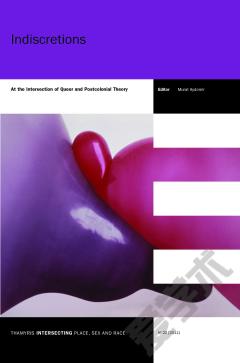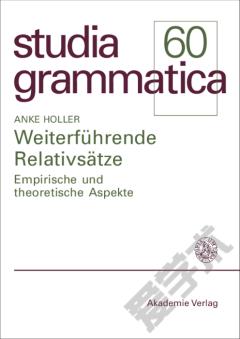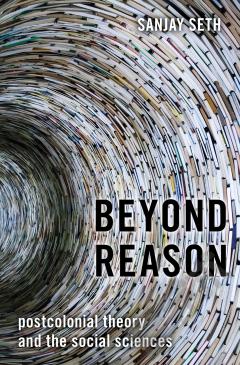Indiscretions —— At the Intersection of Queer and Postcolonial Theory
----- 失言:酷儿和后殖民理论的交集
In the West, once apparently progressive causes such as sexual equality and lesbian and gay emancipation are increasingly redeployed in order to discipline and ostracize immigrant underclass subjects, primarily Muslims. Gender and sexuality on the one hand and race, culture, and/or ethnicity on the other are more and more forced into separate, mutually exclusive realms. That development cannot but bear on the establishment of queer and postcolonial studies as separate academic specializations, among whom relations usually are as cordial as they are indifferent. This volume inquires into the possibilities and limitations of a parceling out of objects alternative to the common scheme, crude but often apposite, in which Western sexual subjectivity is analyzed and criticized by queer theory, while postcolonial studies takes care of non-Western racial subjectivity. Sex, race: always already distinguished, yet never quite apart.
Roderick A. Ferguson has described liberal pluralism as an ideology of discreteness in that it disavows race, gender and sexuality's mutually formative role in political, social, and economic relations. It is in that spirit that this volume advocates the discreet, hence judicious and circumspect, reconsideration of the (in)discrete realities of race and sex.Contributors: Jeffrey Geiger, Merill Cole, Jonathan Mitchell and Michael O'Rourke, Jaap Kooijman, Beth Kramer, Maaike Bleeker, Rebecca Fine Romanow, Anikó Imre, Lindsey Green-Simms, Nishant Shahani, Ryan D. Fong, and Murat Aydemir
{{comment.content}}








 京公网安备 11010802027623号
京公网安备 11010802027623号